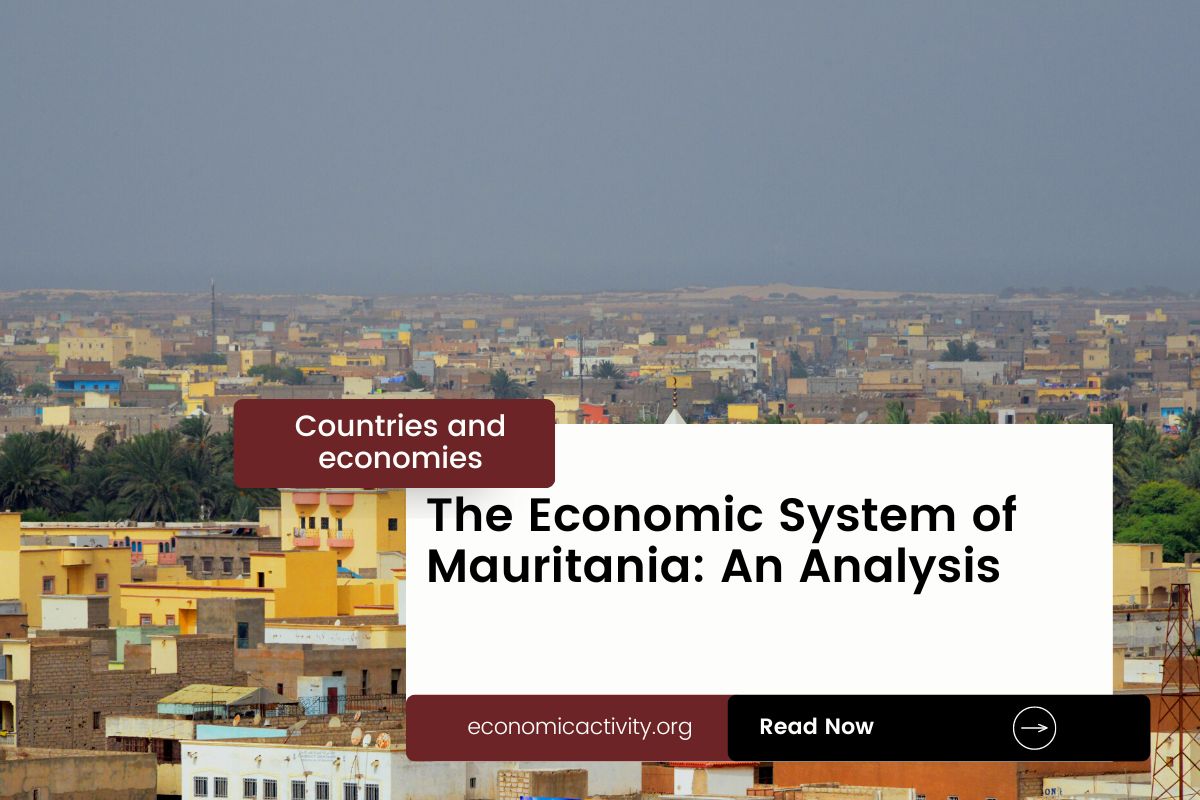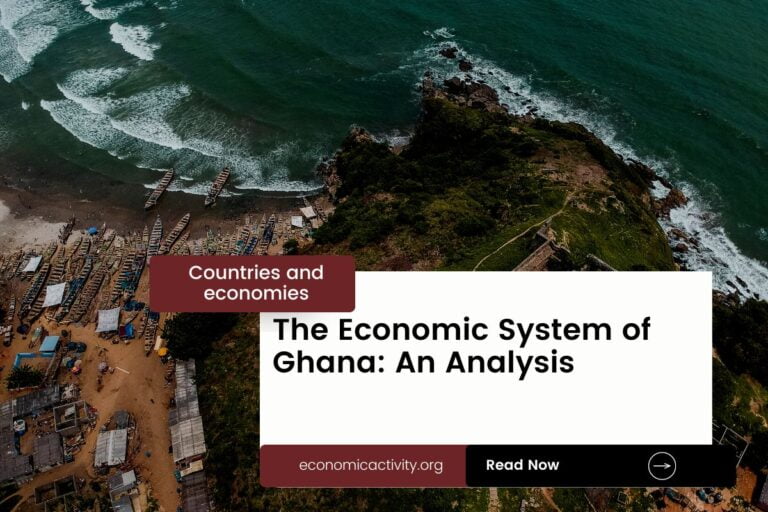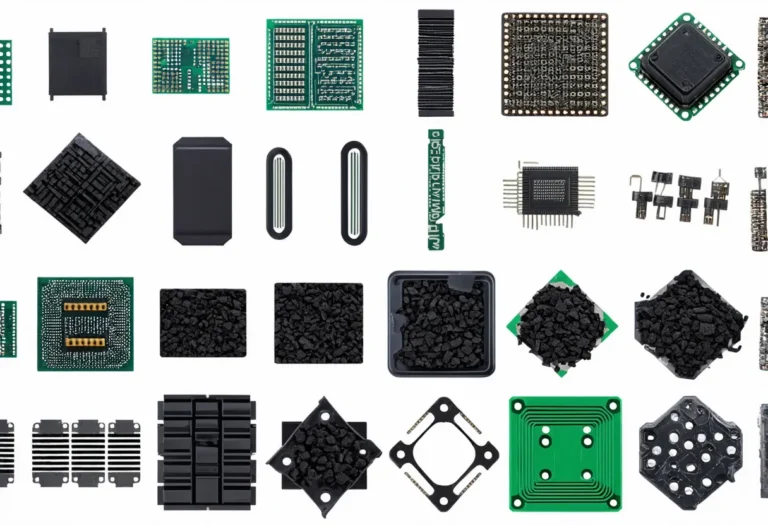What is the economic system of Mauritania? The economy of Mauritania is based on a mixed economy. The country’s economic system combines elements of a market economy and a planned economy.
Mauritania’s economy is dominated by agriculture, fishing, and mining. The country exports iron ore, fish, and livestock while importing food and fuel.
In Mauritania, the economy is composed of a private sector, consisting of individuals and businesses that make autonomous decisions based on self-interest, and a public sector, where the state determines the production and distribution of certain goods and services. No country is purely capitalist or purely communist.
What do the freedom indexes tell about the economic system of Mauritania?
Now, to determine if a country is mainly a market economy or a planned economy, it is useful to examine some economic indexes. For instance, according to the 2022 Index of Economic Freedom, which measures the ability of every human to control his own labor and property, Mauritania is ranked 119th globally and 20th in Sub-Saharan Africa indicating that the country has a mostly unfree economy.
In a similar way, the 2022 Freedom House index evaluates the state of political rights and civil liberties globally. Generally, market economies tend to align more with democracy and freedom, while command economies tend to be characterized by greater state control and fewer democratic and civil liberty protections. Mauritania gets a score of 35/100, which qualifies it as Partly Free.
Mauritania is considered to have a government that does not control what people do, and people can make their own economic decisions, but it is only considered an electoral democracy, lacking full liberal democratic protections.
What do the biggest companies in Mauritania say about the country’s economic system?
The biggest company in Mauritania should also be looked at, as well as whether it is a state-owned or private company. In this case, SNIM is a Mauritanian state-owned mining and industrial company. It produces iron ore, gold, copper, gypsum, and salt. The government holds 78.35% of the company, while the remaining shares are held by historical financial partners such as the Industrial Bank of Kuwait K.S.C (7.17%) and Arab Mining Co.
The historical factors that have influenced the economic system of Mauritania
Mauritania’s mixed economy system results from a combination of factors, including the country’s colonial history, natural resources, and economic policies. Colonialism brought foreign investment and reliance on export-oriented agriculture, while natural resources such as oil and gas have enabled the country to develop its industrial sector. Economic policies have also played a role, with the government encouraging foreign investment and providing incentives for private sector growth.





Leave a Reply